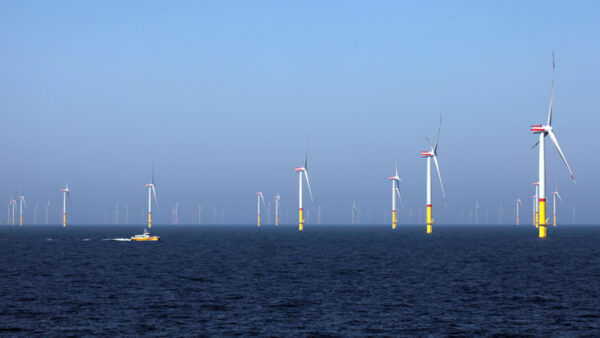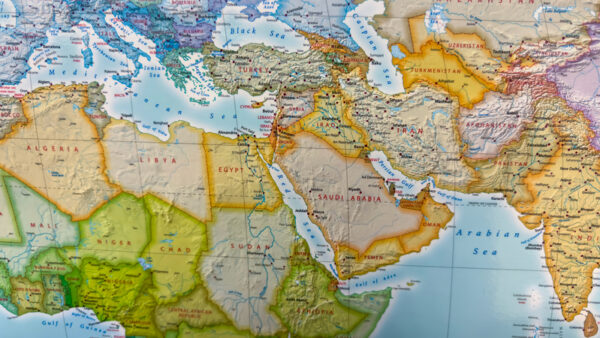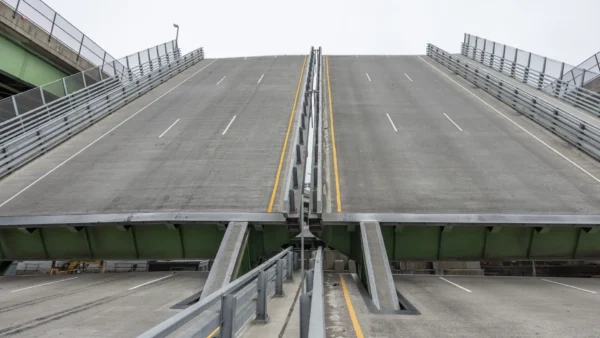Russia and Iran have agreed to cooperate on building a 1,200km natural gas pipeline between Iran and India. The two sides signed a memorandum of understanding at the end of last week and will aim to agree on the economic and technical issues by the end of the year.
Russia’s involvement in the Iran-Pakistan-India (IPI) line will be undertaken by Gazprom, the state energy giant. As well as helping to construct the pipeline Gazprom will also develop gas fields along its route.
The announcement was made by Alexander Novak, Russia’s energy minister, who was on a visit to Tehran, where he met with Masoud Karbasian, Iran’s finance minister. He added that the scheme would be taken forward by a consortium of Indian, Iranian, Pakistani, and Russian companies.
Novak said: “We have agreed to assist in the implementation of the project for gas supply from Iran to India. This is a large-scale project with Gazprom participation. The company will develop gas fields on Iranian soil with all the necessary infrastructure for gas supplies to India to be built.”
Novak did not give a cost for the scheme. “It’s early to talk about the amount of investment,” he said, “but it will be big because there will be an underwater section in the Persian Gulf-it’s a capital-intensive project.” If the costs are similar to projects such as the Trans-Anatolian pipeline, the final bill may be in the region of $7bn.
The IPI line has been under discussion since 1993. As is usually the case with pipelines, it has proved a controversial geopolitical issue with US foreign policy strongly opposed on the grounds that it would increase Iran’s leverage in south Asia, as well as encouraging it to “defy the will of the international community, develop nuclear weapons, and support terrorism”, in the words of a Heritage Foundation paper.
The US had sought to persuade India to secure its future energy supply using an alternative TAPI pipeline, that would bring gas from Turkmenistan via Afghanistan and Pakistan.
Russia’s state oil company, Rosneft, said in September that it was considering the building of a $1bn pipeline that would transport gas from Iraqi Kurdistan to Turkey.
It has also restarted the stalled South Stream project, now rebranded as TurkStream. This aims to bring gas to southern Europe via the Black Sea and Turkey, thereby avoiding Ukrainian territory. It was reported today that this scheme has now reached Turkey’s national waters.
Image: Russia’s SouthStream project was halted by EU opposition (Gazprom) Â
Further Reading:






